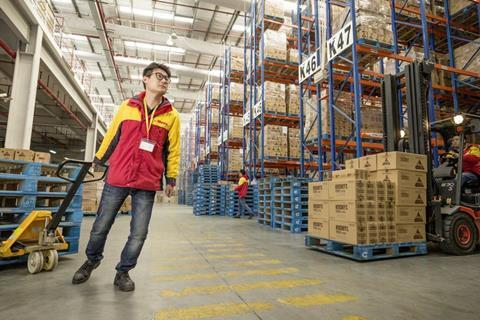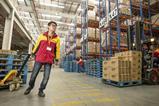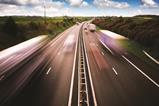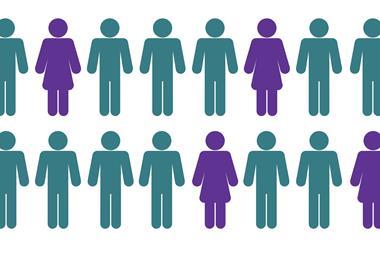How can retailers balance consumer demand for faster delivery and still retain their green credentials? DHL Supply Chain explains how innovation can complement environmental initiatives.
The UK has some of the most avid online shoppers in the world. As a result, the British logistics industry is constantly evolving to drive efficiency across the supply chain, striving for the perfect balance between cost and convenience.
“Across the retail industry today, how can commitments be met to deliver an even more customised and instant delivery service, while still upholding environmental responsibilities?”
However, sustainability also plays a key role in reaching this balance and is increasingly high on the agenda for businesses and consumers.
Environmentally conscious as standard
Climate change and the responsibility of business to combat its impact are key concerns. Across the retail industry today, however, how can commitments be met to deliver an even more customised and instant delivery service, while still upholding environmental responsibilities?
As one of the world’s leading logistics providers, DHL Supply Chain aims to set the industry standard by strengthening green initiatives and accelerating strategies to reach 0% carbon emissions.

The key to a simultaneously more sustainable and innovative future lies in technological invention and creative solutions.
For instance, over the past few years, we have made a number of investments in green transport modes, such as electric vehicles and teardrop trailers. These use less fuel and emit less carbon thanks to their aerodynamically curved design.
“The key to a simultaneously more sustainable and innovative future lies in technological invention and creative solutions”
Meanwhile, we are educating our customers about how greener initiatives can increase efficiency and cost savings while protecting the environment.
By implementing collaborative transport solutions for our food retail clients, we have removed unnecessary costs by converging drink, food and consumable supply chains. This is coupled with the integration of reverse logistics flows from the same outlets, such as waste, recycling and empties.
Not only does this approach allow us to restock more frequently – increasing product availability – it reduces carbon emissions by decreasing empty runs.
Fighting the good fight
Providing customers with creative sustainable solutions that benefit business and the planet is essential in the fight against climate change and to meet growing consumer demand.
Another example is DHL’s Packstation technology. By providing automated drop-off stations in public spaces – such as shopping centres and train stations – we can alleviate the congestion created by logistics and deliver convenient final-mile solutions to the end-consumer.
The logistics industry, along with the rest of the world, has a lot of hard work ahead to significantly reduce carbon emissions.
With investment in the advancement of green technologies, however, we can deliver a future that meets consumer expectations for delivery with minimal impact on the planet.
Dean Wyatt is vice-president of fashion and ecommerce fulfilment at DHL Supply Chain, UK and Ireland





























No comments yet